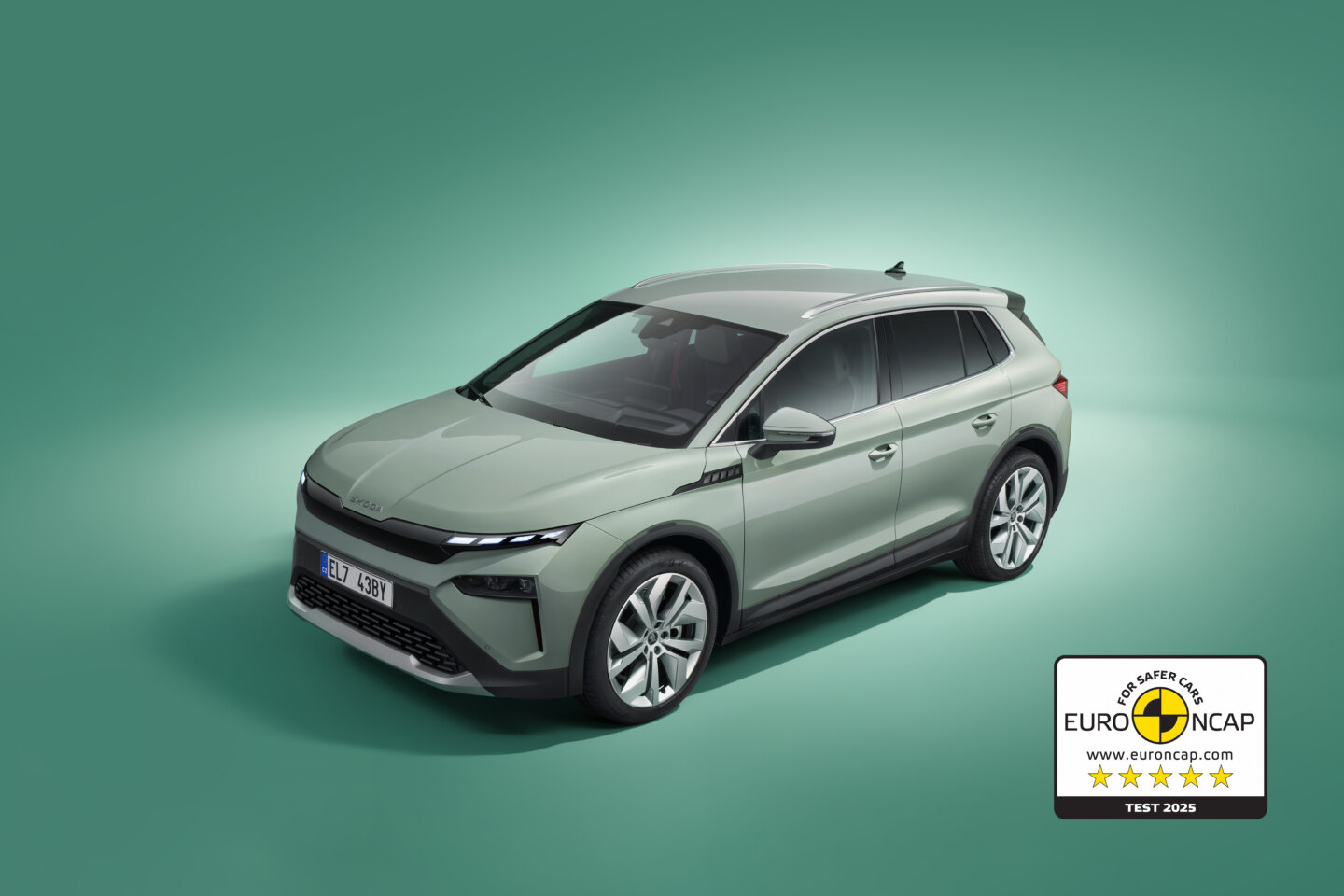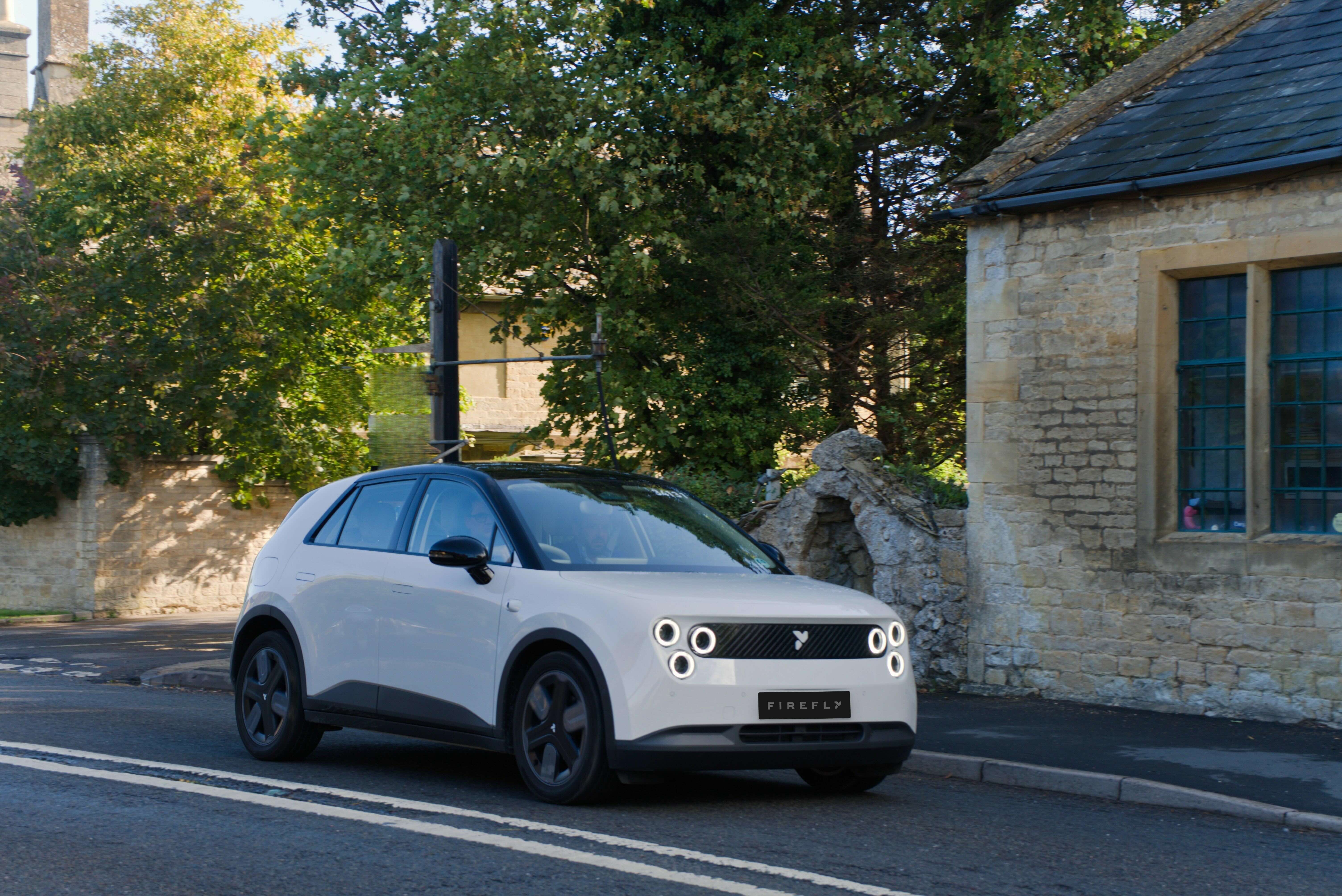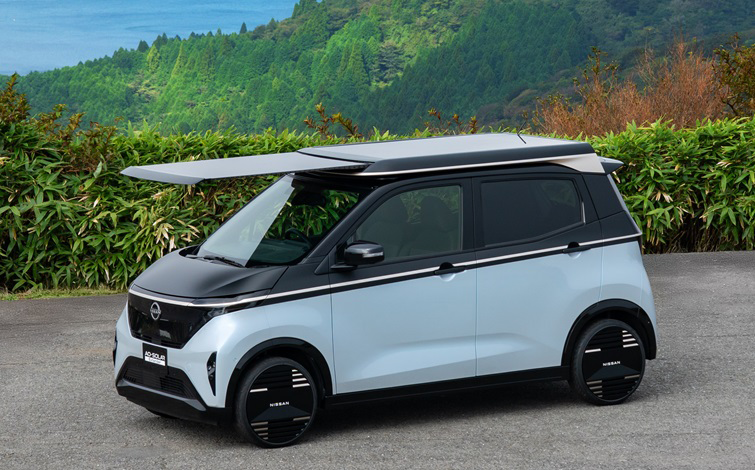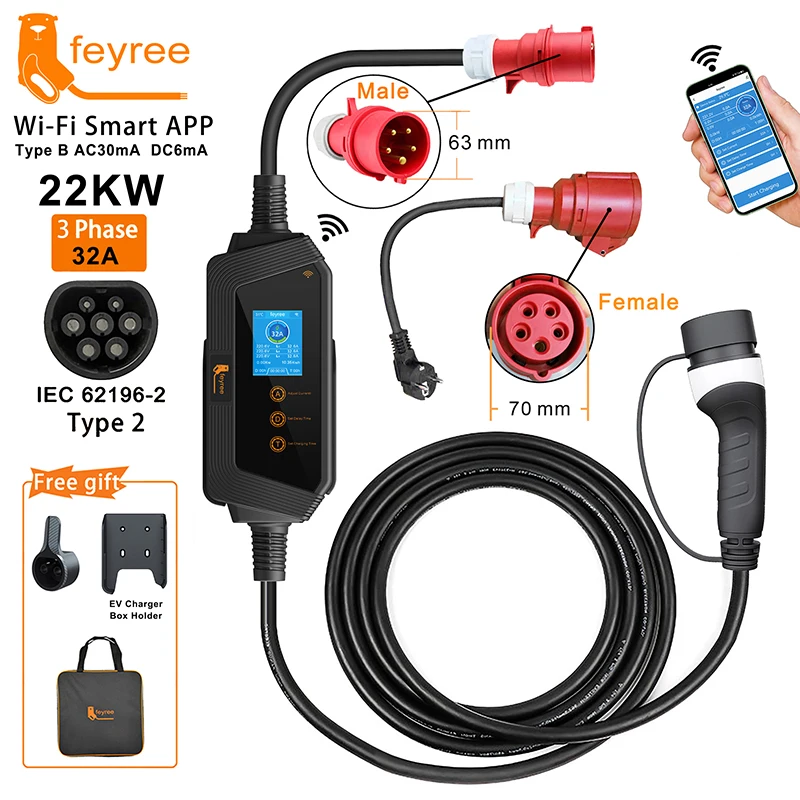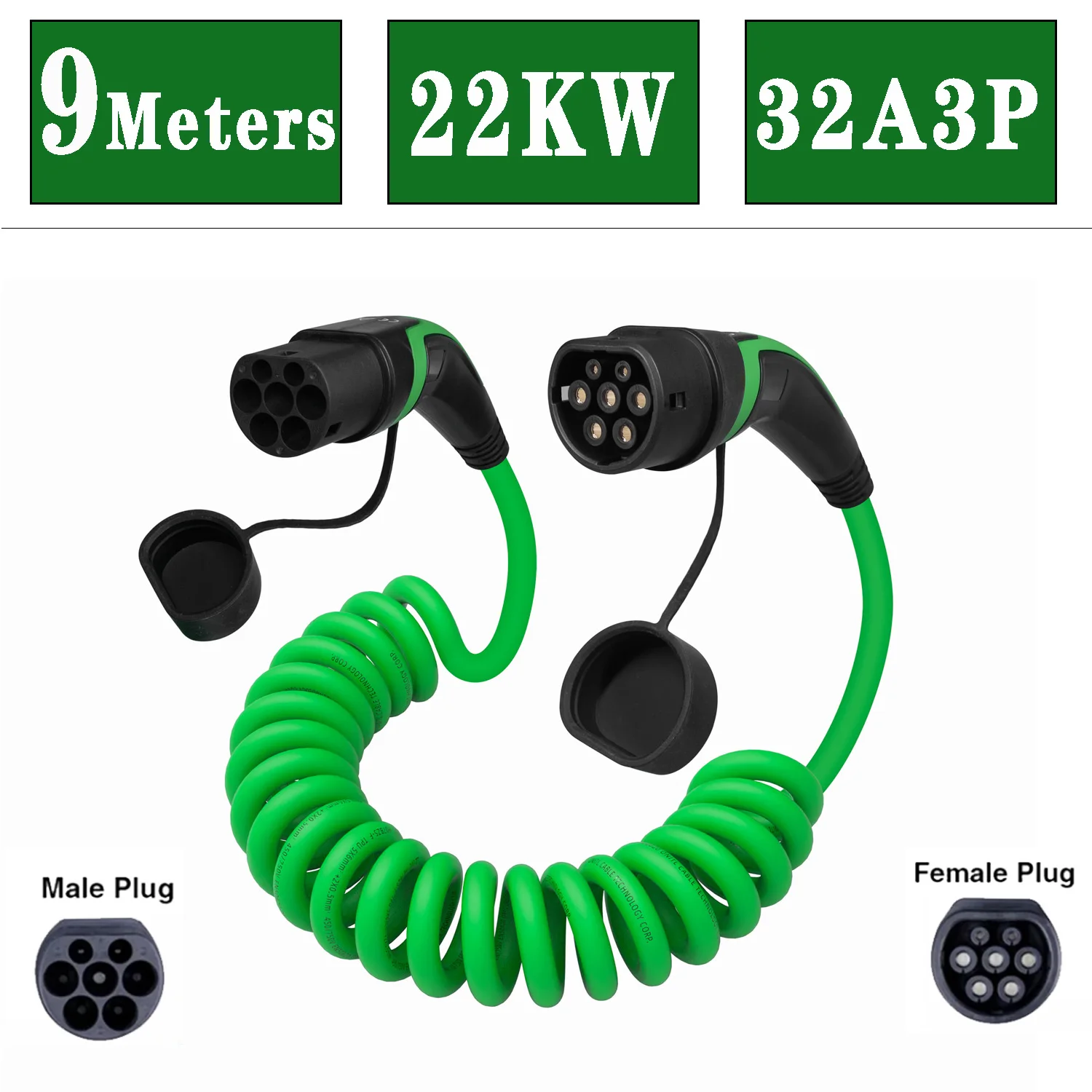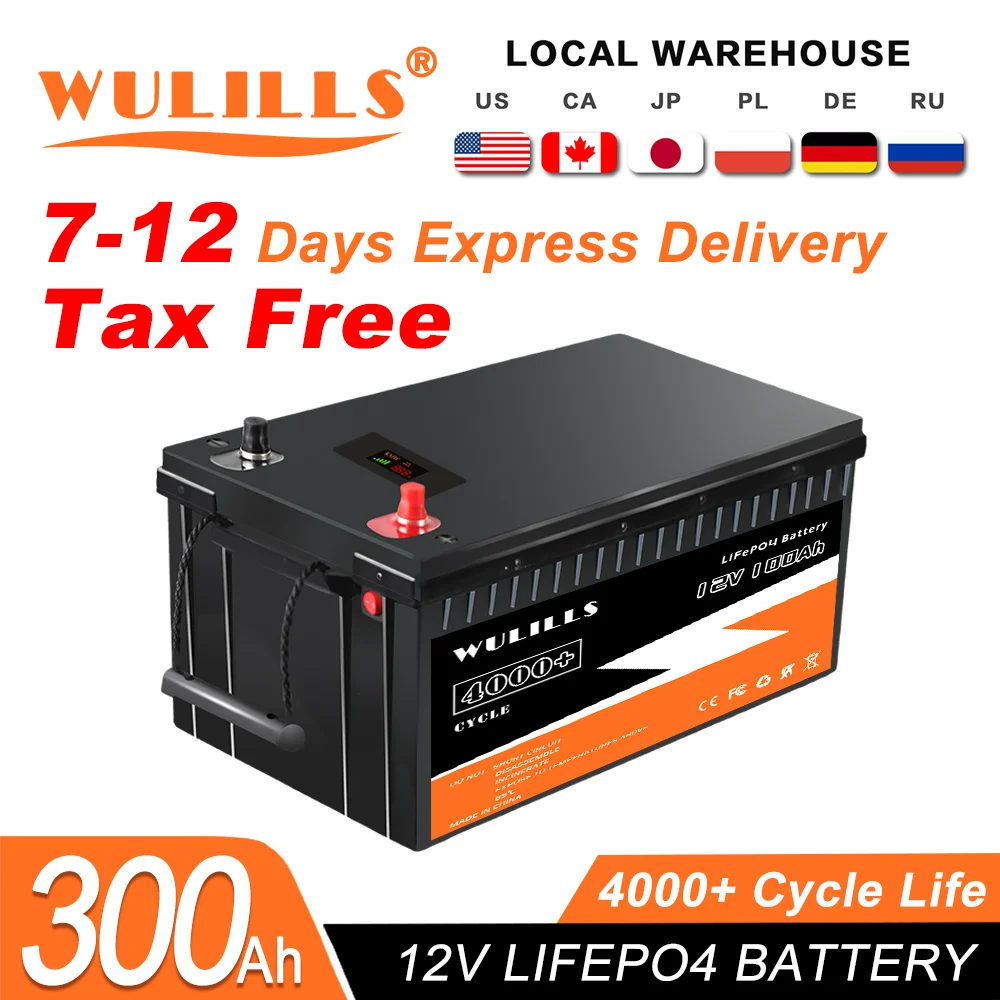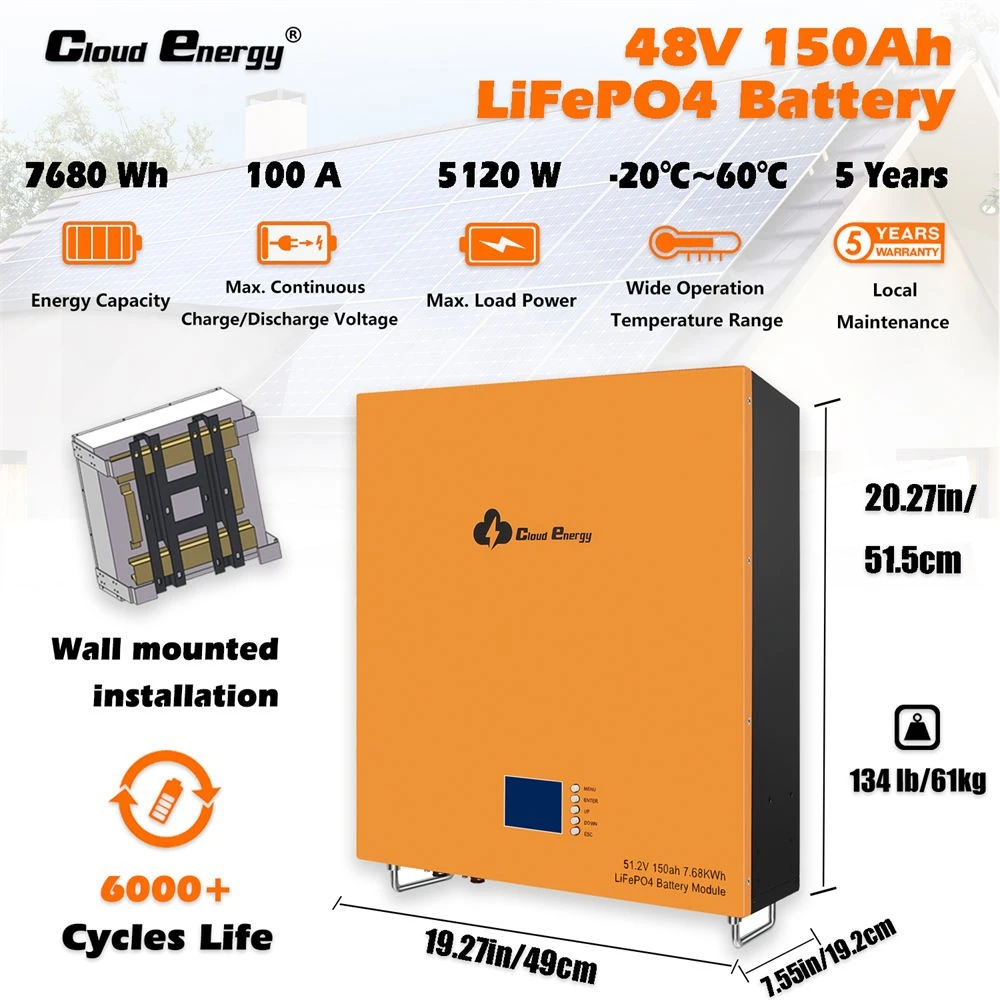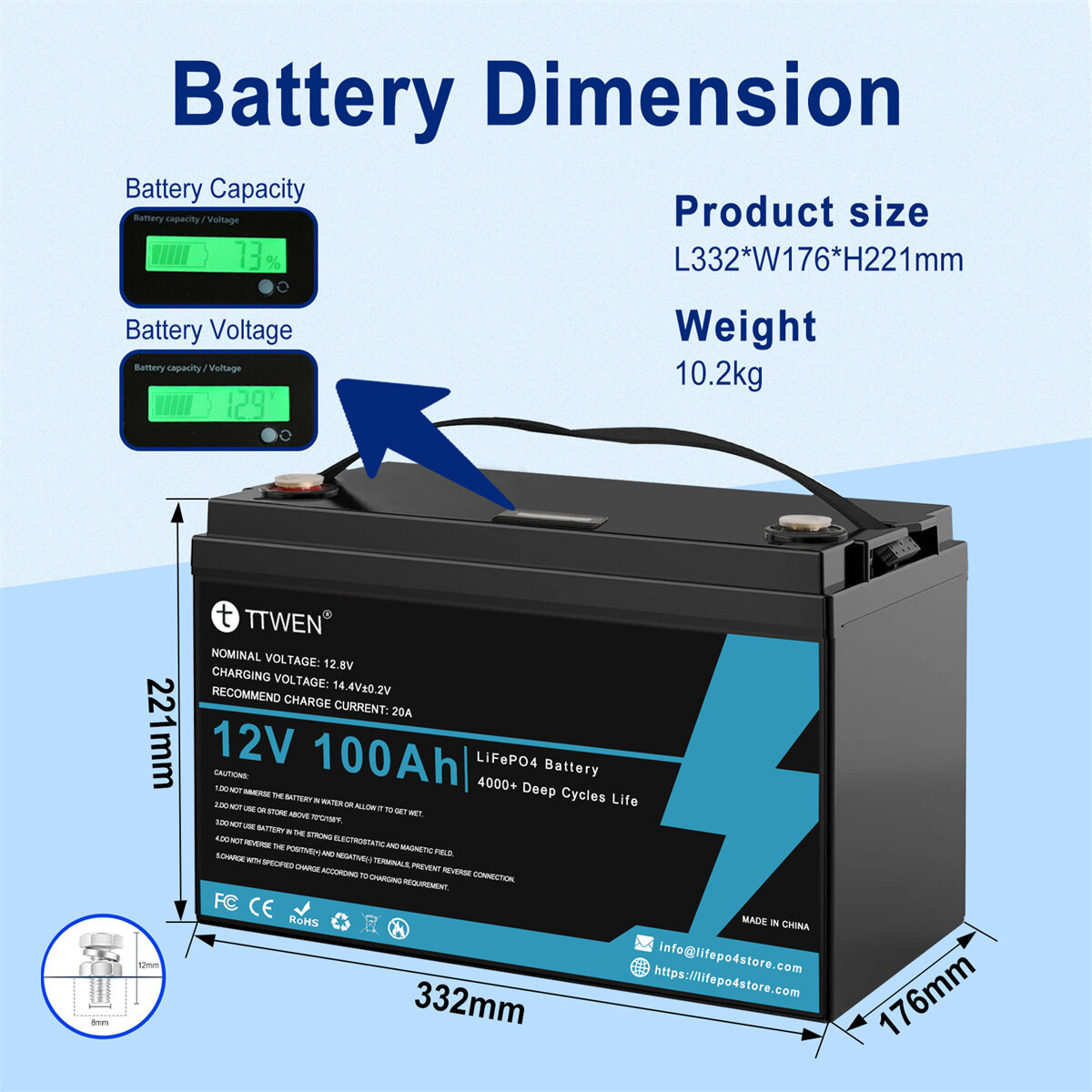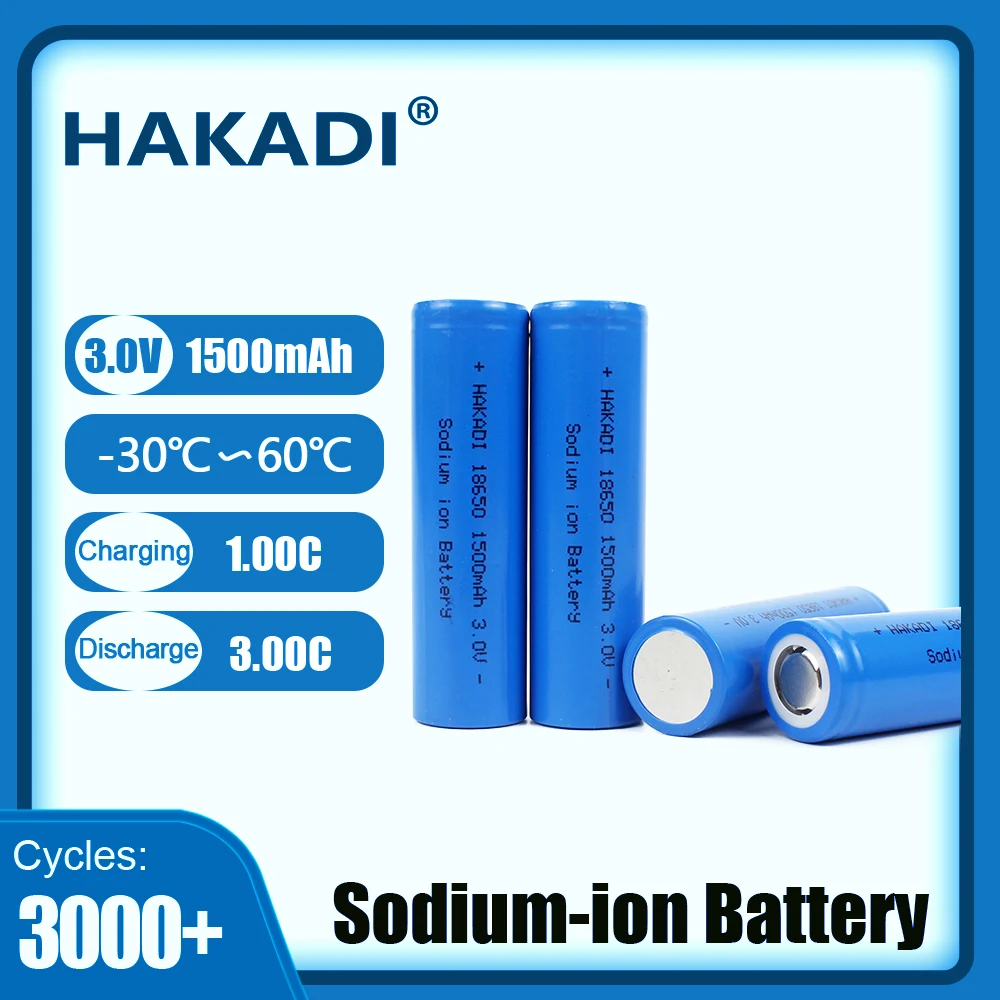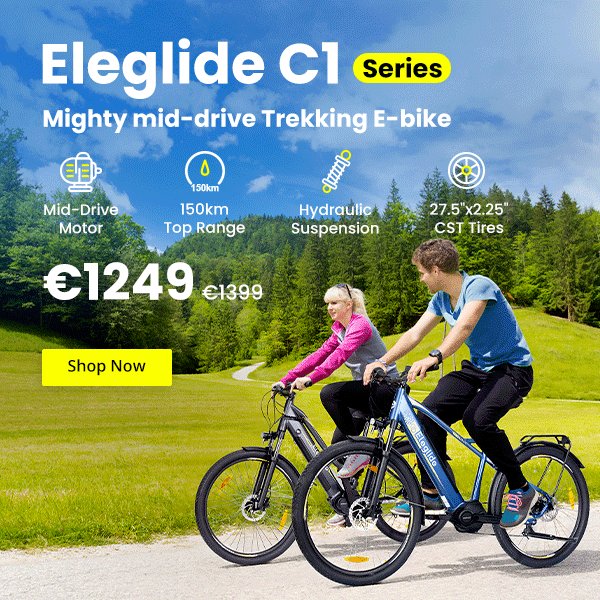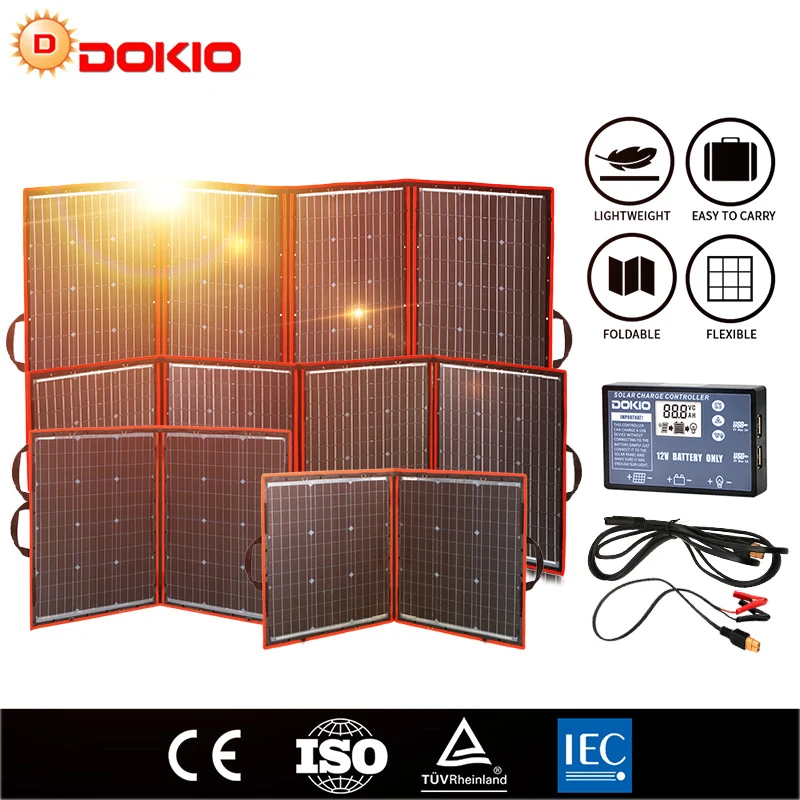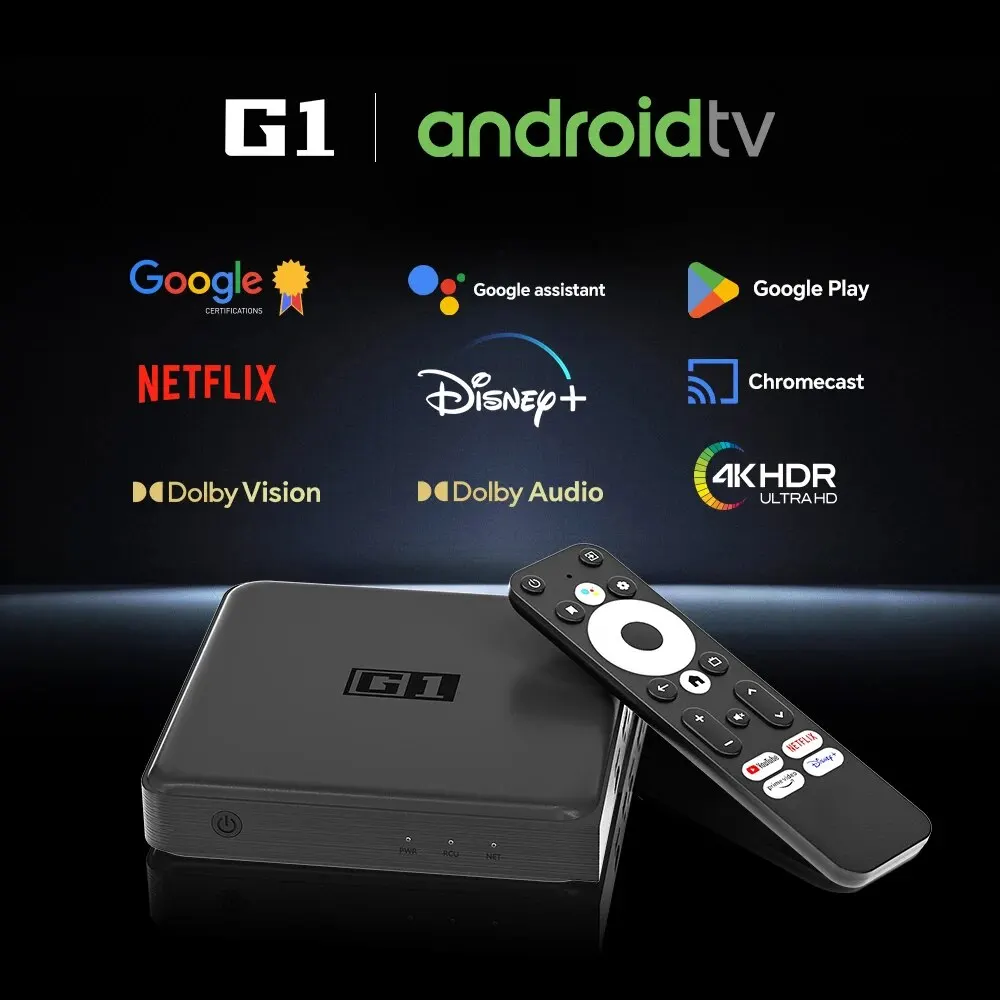It’s no longer an educated guess on my part, we now have the confirmation that LG Chem started the trial production of NCM 712 battery cells at its plant in Poland last year. As for mass production it started early this year.
The new LGX E78 battery cell is now being used by the Volkswagen ID.3 and the new generation Renault ZOE.
- Manufacturer: LG Chem
- Model: LGX E78
- Voltage: 3,65 V
- Capacity: 78 Ah
- Weight: 1.073 g
- Gravimetric energy density: 265 Wh/kg
- Chemistry: NCM 712
I suspect that the Dacia Spring Electric will also get this NCM 712 battery cell from LG Chem.
- Possible battery 1 (96s1p): 96 x 3,65 V x 78 Ah = 27,3 kWh
- Possible battery 2 (94s1p): 94 x 3,65 V x 78 Ah = 26,8 kWh
The Renault City K-ZE on which the Dacia Spring Electric will be based has a 26,8 kWh battery, so we’ll see.
Moreover, I also believe that there is another smaller and lighter NCM 712 battery cell with a capacity around 63 Ah being produced by LG Chem. This battery cell is the one that I think it’s now in the battery pack of the 2020 Chevrolet Bolt EV and might also be used in the upcoming new Renault Twingo ZE.
- Chevrolet Bolt EV (96s3p): 288 x 3,65 V x 63 Ah = 66,2 kWh
- Renault Twingo ZE (96s1p): 96 x 3,65 V x 63 Ah = 22,1 kWh
With a cost already below 100 euros per kWh at the battery pack level, the new NCM 712 cells from LG Chem make possible to have electric cars not much more expensive than their ICE (Internal Combustion Engine) counterparts.
If the Renault Twingo ZE with its tiny battery is priced above 15.000 euros before government subsidies, it just indicates that Renault is artificially inflating the price. Corporations do this all the time, they know that if they reduce the prices they prove that the technology is mature and no longer needs to be subsidized, then they stop getting money from governments.
In my opinion instead of subsidizing electric cars, governments should make polluting vehicles even more expensive to buy and use. If automakers get a hard time to sell ICE cars, they are forced to embrace electric cars, since it’s better to sell EVs than nothing at all…
I’m sure that if selling ICE cars was extremely hard or no longer allowed, automakers would do everything possible to sell affordable electric cars without the need of subsidies. Moreover, now with cheap and long-lasting cobalt-free batteries, most arguments against electric cars are destroyed.
Do you remember when automakers said that with batteries at 100 euros per kWh electric cars would be on price parity with ICE cars? How much longer they’ll keep moving the goal post?
More info:

